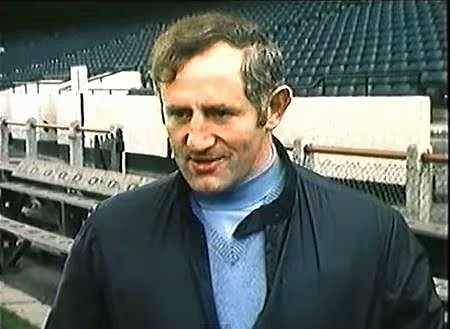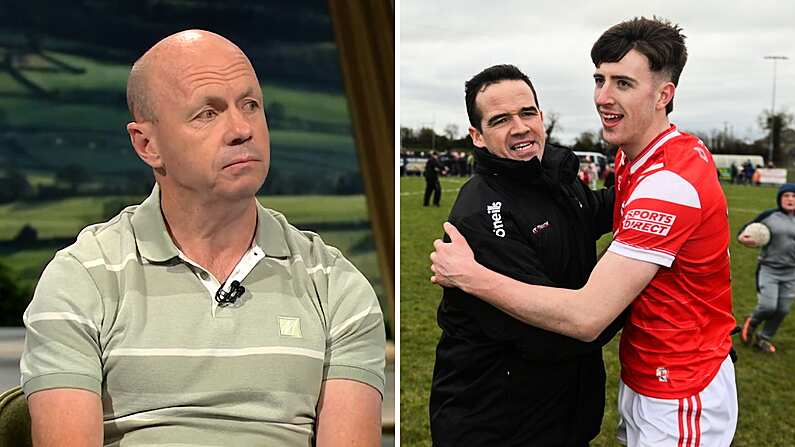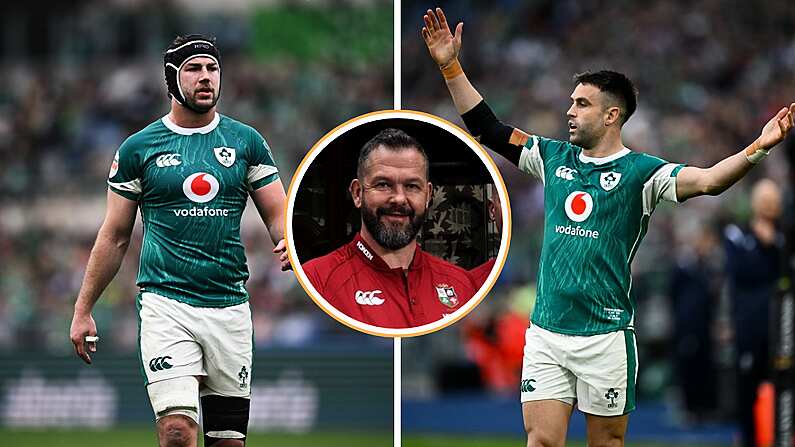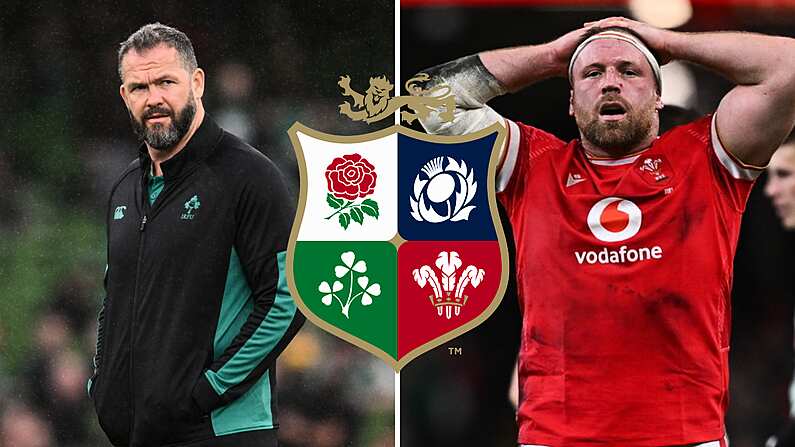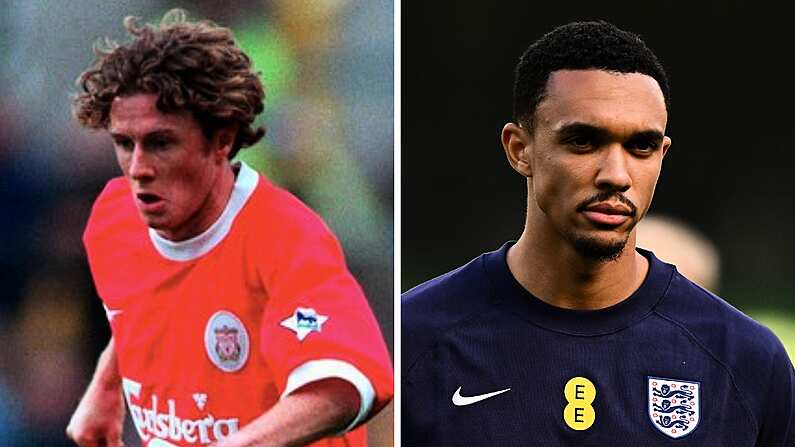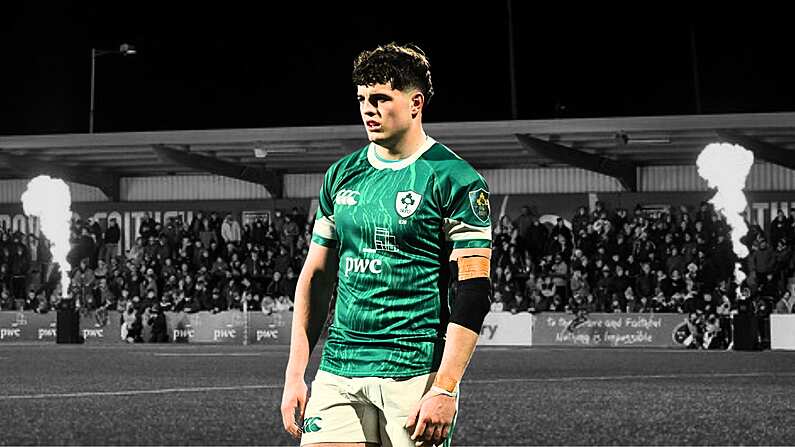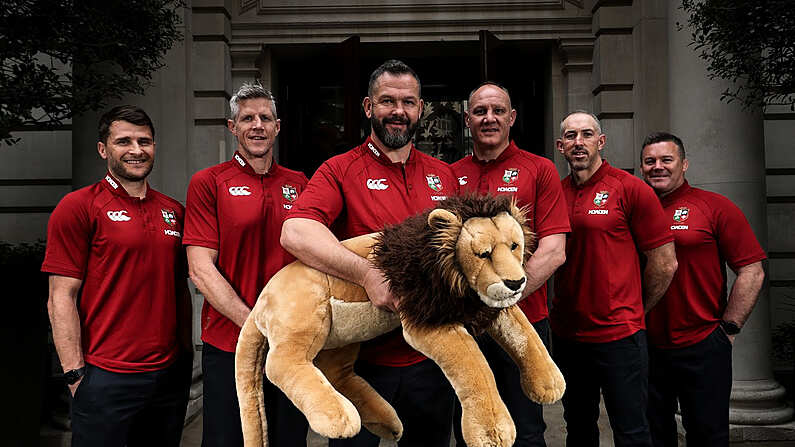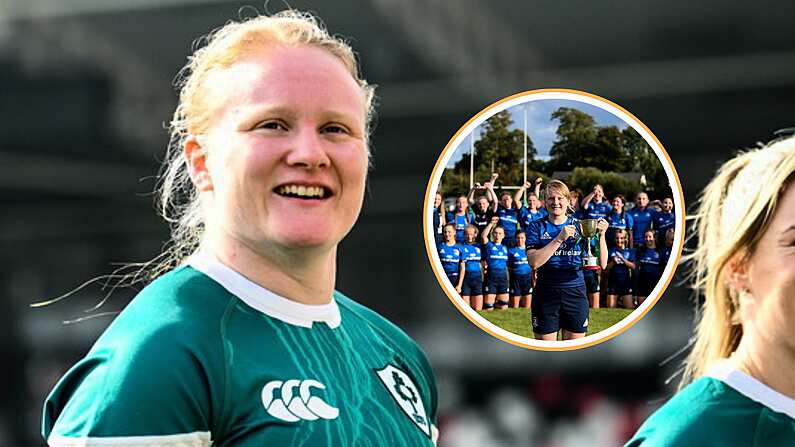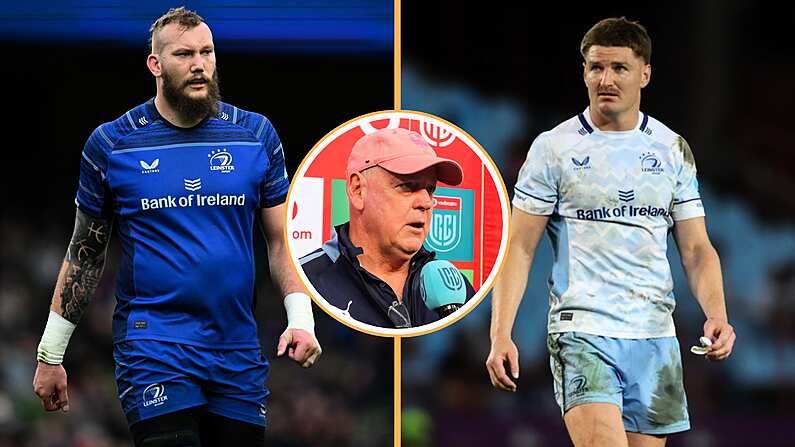The Irish rugby media is currently abuzz with speculation as to who will replace Paul O'Connell as Irish captain.
The most prominent candidates include Jamie Heaslip, Rory Best, Sean O'Brien, Conor Murray, Johnny Sexton and Peter O'Mahony (though the last of these will miss this year's Six Nations).
Heaslip was Ireland captain before, for the 2013 Six Nations, a dispiriting experience for all involved. The rugby media's hostility for his candidature may also militate against him.
Either way, it's a significant call. Here are a number of times when the captaincy really mattered.
Ray McLoughlin, 1965
Connacht's greatest ever rugby player became captain of Ireland in 1965. He was possibly the most revolutionary of them all.
It was an era when the committee men took up the plush first class seats on the train and the players crammed into the third class seats.
It was a time before specialised, autonomous coaches. Teams were picked ans the team talks were given by a giddy band of blazer wearing alickadoos.
In Tom English's great book 'No Borders' (listen to our interview with him), McLoughlin recounted the situation that prevailed before he became captain.
Before I became captain, the team would get together on a Friday, we'd have a team meeting in the Shelbourne at two o'clock and there'd be five selectors and three sub-selectors and everyone would give their opinion. That always extended the time by at least 45 minutes and so we'd have to rush out to Anglesea Road for a run... We'd have a couple of scrums, a couple of lineouts and then we'd go to the shower and sing Ireland Boys Hooray. We'd go back to the hotel and off to the cinema that night. The following morning we'd get up and there'd be a bunch of drunks telling you how to play the match. Ten minutes before kick-off we were brought out onto the pitch for the team photograph. We went out on the field totally under-prepared and the match could be ten minutes old before we adjusted to it.
He only agreed to accept the captaincy if certain conditions were met.
I went to the chairman of the selectors and said 'If you want me to be captain, I want the following things. I want us to have a room at the Shelbourne on the Thursday night so we can have a meeting. I don't want any selectors or sub-selectors to attend. On the morning of the match, I want us to go to the Marine Hotel in Dun Laoghaire at 10am. I want no selectors, sub selectors or committee men on the bus with us. Or if they are on the bus they cannot speak. When we eat, we want to eat alone. We don't want any committee men near us. If they are, they cannot speak. When we leave the Marine and head for Lansdowne Road, we don't want selectors, sub selectors or committee men with us.
There was an immediate improvement in Ireland's results. Ahead of their clash with France in Lansdowne Road, a British paper billed it as a match-up between 'circus hacks and thoroughbreds', a verdict which McLoughlin employed for motivational purposes. In fact, he shoved Ronnie Lamont up against the wall and asked him 'are you a circus hack or a thoroughbred?'
Ireland managed a draw and proceeded to beat England and Scotland. They were beaten by Wales in the Triple Crown decider but subsequently turned over South Africa in the summer.
Fergus Slattery, 1979
Slattery was captain of the Ireland side that toured Australia in 1979. At the time, the captain formed part of the three man selection committee.
Slattery picked the side along with the coach Noel Murphy and the manager Jack Coffey.
Tony Ward occupied the No. 10 spot. It was expected he would retain it on tour. Of course, it was. He had just won the European Player of the Year for a second successive year.
But a number of Ward's teammates, notably the forwards, had issues with his play. Phil Orr, Willie Duggan and Slattery, in particular, were blunt about what they regarded as his deficiencies.
Slattery believed that journalists were so bedazzled by Ward's talent and flair, they were blind to his flaws. According to Duggan, the pack had no notion of what Ward was going to do when he got the ball and this made their life difficult.
Ward wrote a couple of years back that he still resented Slattery and Murphy - though he quickly added that there had been a thaw.
Ciaran Fitzgerald, 1985
All he needed was war-paint on his face. Ciaran Fitzgerald's cry of 'where's your fuckin' pride?' has gone down in Irish rugby history. With the game poised at 10-10 and Ireland's hopes of the Triple Crown on a knife-edge, Fitzgerald urged on his team with a primal roar.
Keith Wood, 2001
While there were many players in this drama, Keith Wood was an influential figure in the decision to sack Warren Gatland and appoint Eddie O'Sullivan in the wake of Ireland's successful 2001 Six Nations campaign.
Wood had long believed that Gatland wasn't hands on enough in his coaching. In Wood's view, Ireland, at that point in their development, required a more prescriptive and dictatorial voice in the dressing room. And he was driven to distraction by the defensive system that Ireland adopted under Gatland.
In Gatland's final game as coach, Ireland frittered away a fourteen point lead against New Zealand in the second half of a November test. Wood was the picture of dejection in the post-match interview afterwards.
Bitterness remains. When Wood lashed out at Gatland for dropping Brian O'Driscoll in the third test of the 2013 Lions series, Gatland referred to Woody as a 'me feiner' - a phrase which sent the UK members of the press corps scuttling towards the Irish journalists seeking a translation.
Read more: Sunday Times Writer Questions Jamie Heaslip's Suitability To Lead A Joe Schmidt Team


